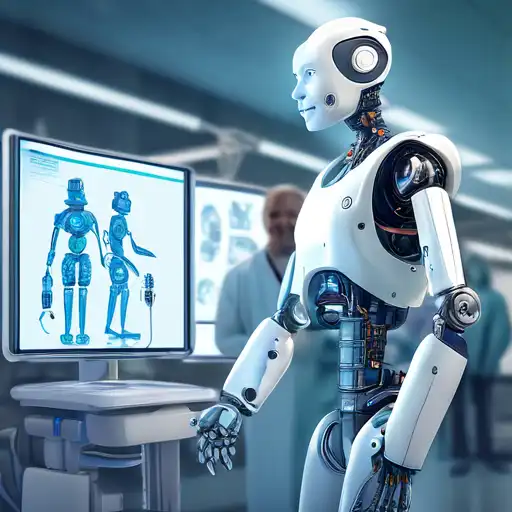The Dawn of Robotics in Healthcare
The integration of robotics into healthcare is revolutionizing the way medical services are delivered. From surgical procedures to patient care, robotics technology is setting new standards for precision, efficiency, and safety in the medical field.
Revolutionizing Surgical Procedures
Robotic surgery, such as the da Vinci Surgical System, allows surgeons to perform complex procedures with enhanced precision, flexibility, and control. These systems minimize human error, reduce patient recovery times, and lower the risk of complications.
Enhancing Patient Care
Robots are also transforming patient care by assisting in rehabilitation, providing companionship to the elderly, and automating routine tasks. This not only improves the quality of care but also alleviates the workload on healthcare professionals.
The Future of Robotics in Healthcare
As technology advances, the potential applications of robotics in healthcare are boundless. From nanorobots that can target diseases at the cellular level to AI-driven diagnostic tools, the future of healthcare is being reshaped by robotics.
Challenges and Considerations
Despite the benefits, the adoption of robotics in healthcare faces challenges, including high costs, ethical considerations, and the need for specialized training. Addressing these issues is crucial for the widespread implementation of robotic technologies.
For more insights into the future of medical technology, explore our latest articles.
Conclusion
The impact of robotics in healthcare is undeniable. As we continue to explore and innovate, robotics will undoubtedly play a pivotal role in shaping the future of medical care, making it more accessible, efficient, and effective for patients worldwide.
